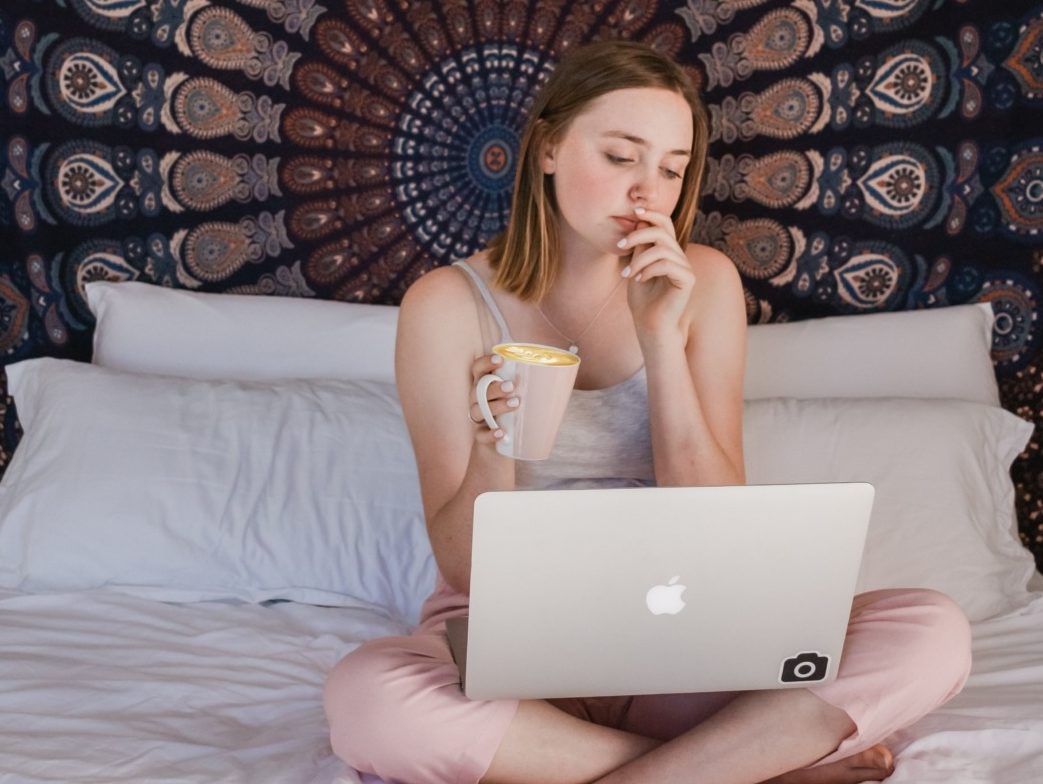We’re losing sleep over social media
Young people are infamous for our love of social media, and who can blame us? After a tough day agonizing over organometallic chemistry, or algebraic topology, or contemporary political philosophy, menial scrolling through Instagram offers a much needed respite from the stressful day-to-day of student. But could the hours of screen time we spend before bed be impairing our mental and physical health?
A lack of sleep can do a lot more harm than simply making you unpleasant to be around in the morning. It disrupts cognitive function, puts you more at risk for numerous medical conditions such as obesity or diabetes, and can contribute to the symptoms of depression and anxiety. A major study into adolescent sleep habits has found that teenagers on social media for three or more hours per day are more prone to fall asleep after 11pm on a school night, putting them in danger of poor health and academic performance.
These conclusions were drawn by scientists at the University of Glasgow, who analysed data from the UK Millennium Cohort Study, a survey of almost 12,000 children aged 13-15 from across the country. They found that over a third of teenagers fell into the three hours per day (or ‘high’ use) category, with a fifth spending upwards of five hours per day (‘very high’ use) browsing social media. Interestingly, females were far more likely than males to be heavy users, with 28% in the high use group compared with only 14% of males.
Over a third of teenagers fell into the three hours per day (or ‘high’ use) category, with a fifth spending upwards of five hours per day (‘very high’ use) browsing social media
Comparable results have been found in older teenagers and young adults too, with the Children’s Hospital of Eastern Ontario Research Institute finding the odds ratio of getting insufficient sleep amongst 11-20 year olds who spend five hours per day on social media to be 2.98. Females were again found to spend significantly longer on social media than males, but the relationship between social media use and sleep duration did not differ by sex.
Social media use has also been linked to poor sleep quality, with teenagers in the very high group 28% more likely to be awake for “a good bit of the time” during the night, a problem that may stem from the disturbance of notifications, or the desire to continue online conversations.
Innumerable studies in the past have consolidated the idea that increased screen time may prevent a healthy night’s sleep. Certain wavelengths of light affect melatonin production in the brain, a hormone that regulates the sleep-wake cycle. The light emitted from a smartphone or laptop essentially tricks your brain into believing it’s still daytime, and hence not a good time to fall asleep. The media being viewed can also cause cognitive stimulation or cortisol release, a stress hormone which has been associated with poorer sleep quality and duration.
Females were again found to spend significantly longer on social media than males, but the relationship between social media use and sleep duration did not differ by sex
This research was released earlier in the month in a preliminary report, however it has yet to be peer reviewed or published, meaning the conclusions are still to be externally verified. It’s also worth noting that the study simply finds a correlation between social media use and sleep deprivation, which doesn’t necessarily suggest there’s a causative relationship between the two. Perhaps young people who struggle to fall asleep use such apps to fill the time before they feel suitably tired, or maybe a third variable predisposes someone to spend a lot of time online and, independently, struggle to fall asleep.
Andrew Przybylski, director of research at the Oxford Internet Institute, states the findings are unlikely to prompt new restrictions on social media use: “The effects aren’t huge. A kid who is on Instagram for eight hours a day gets about half an hour less sleep than one who’s not using it,” he said. “This research is really good raw material for scientists to consider when we design studies, but it is not sufficient to change course.”
Still, dramatic effect or not, the link between the two is undeniable. With exam season fast approaching, every little helps, so perhaps spending a few less hours tweeting or snapchatting per day might just help you get that ideal eight hours, and in turn, boost your mood, health, and maximise your potential for learning.

Comments